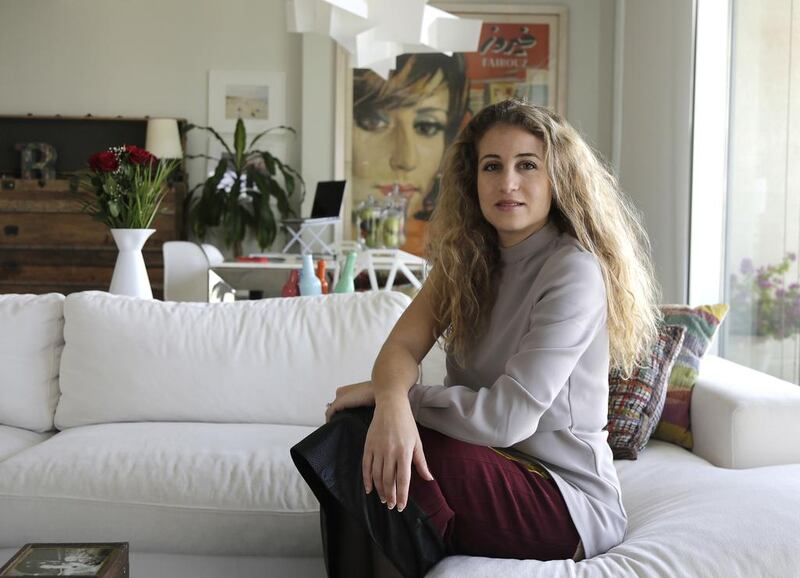Women entrepreneurs can face bigger barriers than men to breathing life – and pumping cash – into their fledgling start-up. But fear not, there are routes through this maze.
According to the Kaufmann Foundation, a US$2 billion private US non-profit focusing on education and entrepreneurship, women are only a third as likely to get access to equity financing through angel investments or venture capital.
The International Finance Corporation estimates that leaves a financing gap for women-owned SMEs in developing countries of $285bn.
Kathleen O’Connor, a visiting associate professor for organisational behaviour at the London Business School, says there is no rational reason for the gender divide in raising cold, hard cash.
“People see women as generally less competent than men,” she says. “When it comes to funding their businesses, the hurdle for women is higher.
“And women’s successes are more likely to be credited to luck, whereas men’s success is attributed to their skills. If you believe luck is responsible, you are less likely to continue funding.”
The Lebanese designer Rula Galayini, 35, set up her handbag business Rula Galayini (formerly Poupee Couture) in 2007, moving to Dubai six years ago and becoming its full-time creative director. She manufactures about 1,000 bags a year and is exhibiting at New York Market Week and Paris Fashion Week this year.
Ms Galayini sought crowdfunding in 2014, raising $113,000 on the Eureeca platform. She says most of her 18 investors were men.
“I have never felt any sort of gender discrepancy in getting funding,” she says. “I think the UAE, being a young and highly ambitious country, is an ideal environment to set up a business.”
In fact, she says, she finds it “rather empowering” as both an Arab and an entrepreneur.
Her story seems to be the exception rather than the norm. On average, just 12 to 15 per cent of SMEs in the Middle East are owned by women, says Eureeca.
“Women are a grossly underutilised resource for countries across the globe, particularly in emerging markets,” says co-founder and managing director Sam Quawasmi. But despite all the hurdles, he says 60 per cent of businesses that have raised capital through Eureeca are women-founded and led.
In Jordan, the early stage and seed investment company Oasis500 reports that just 10 per cent of applicants to its start-up programmes are women – yet even with such small numbers, 40 per cent of graduates are female, showing how successful women entrepreneurs are.
So what should women do?
“Build a network of supportive men to sponsor you and highlight your competence in ways that make you be seen as likeable and non-threatening,” suggests Ms O’Connor.
Heather Henyon took a different approach to the problem. She says more women investors are needed to support women’s start-ups. She set up the Women Angel Investors Network (Wain) three years ago to plug the gap.
Wain invests in early-stage companies that have at least one woman in a C-suite role and a woman equity founder. Its first investment was in the Jordanian start-up Little Minds, investing $100,000 in tools to help children learn Arabic.
“My theory is that angels like to call a friend who knows a person and invest on that basis,” says Ms Henyon.
“Women aren’t in the same networks; they don’t have linkage to investors, who are primarily men. It’s why I started Wain; it’s a labour of love.”
Women invest through Wain to pool funds, and Wain invests into the start-up, with its three directors taking a percentage of profits upon their eventual exit from the start-up investment.
“The start-up then has one shareholder to deal with, not 20, and investors have a professional on the start-up board, who has oversight of the business and represents Wain,” Ms Henyon says.
“Women often have the capital but choose to invest in real estate rather than something higher risk like angel investing. Having more women investors creates a stronger chance of these start-ups succeeding.”
The Mumzworld founder Mona Ataya took a similar approach when she offered a funding round to solely female investors in 2013, in line with her mission to empower mothers. She chose 10 women ranging from two chief executives to a doctor and a lawyer-turned-stay-at-home-mother and raised $1 million. Mumzworld this year took a multimillion dollar funding round from investors including Wamda Capital, twofour54 and Endeavor Catalyst.
Ms Galayini acknowledges there are still many Middle Eastern gender disparities in entrepreneurship but says positive change is well under way. “It stems from deep cultural roots. Women were not, until recently, given equal educational opportunities, let alone career opportunities. Men simply had a head start, but we’re catching up. It’s just a matter of time.”
business@thenational.ae
Follow The National's Business section on Twitter





